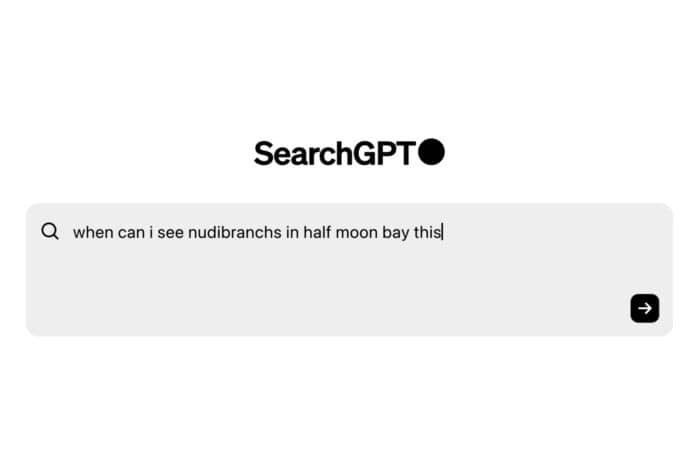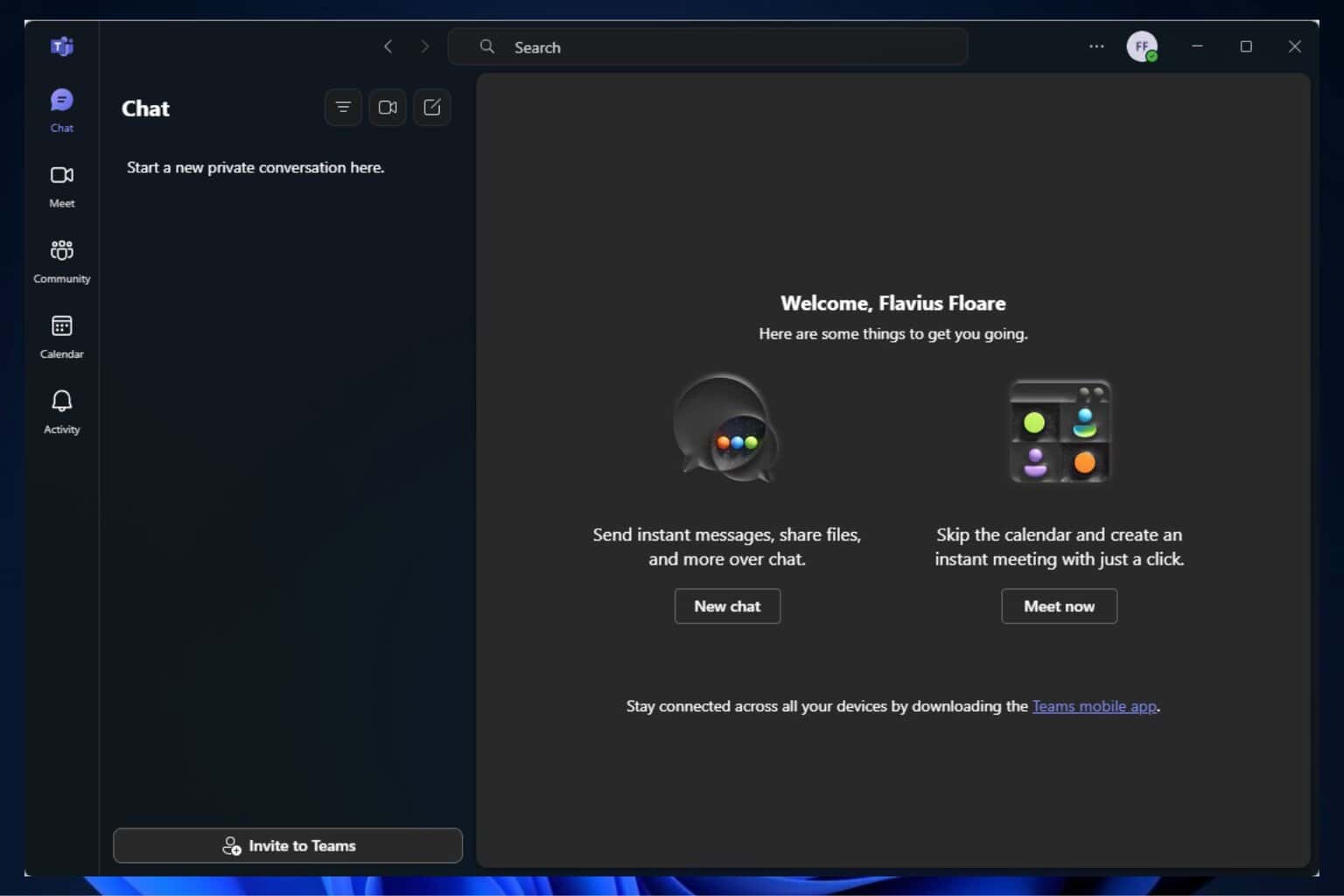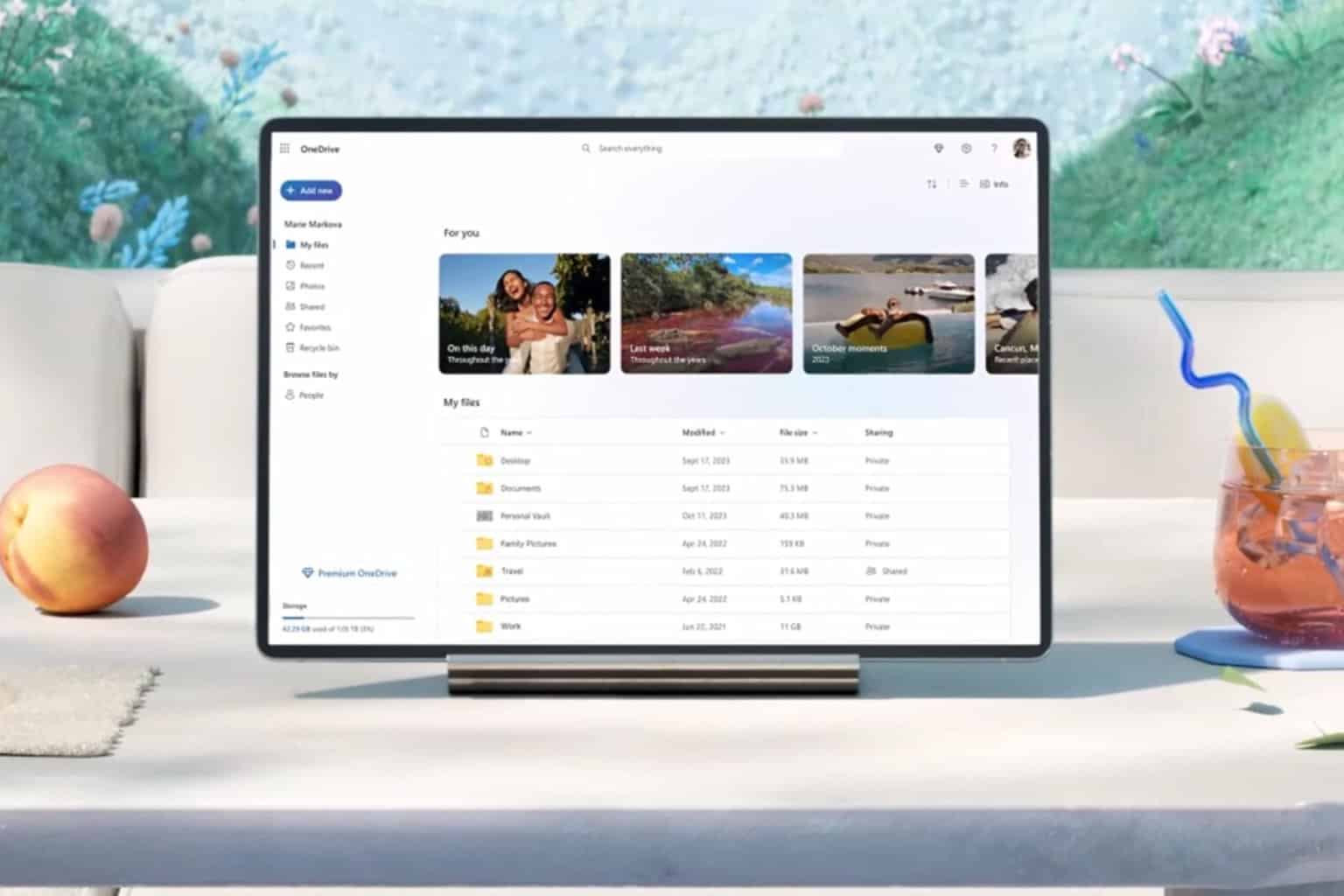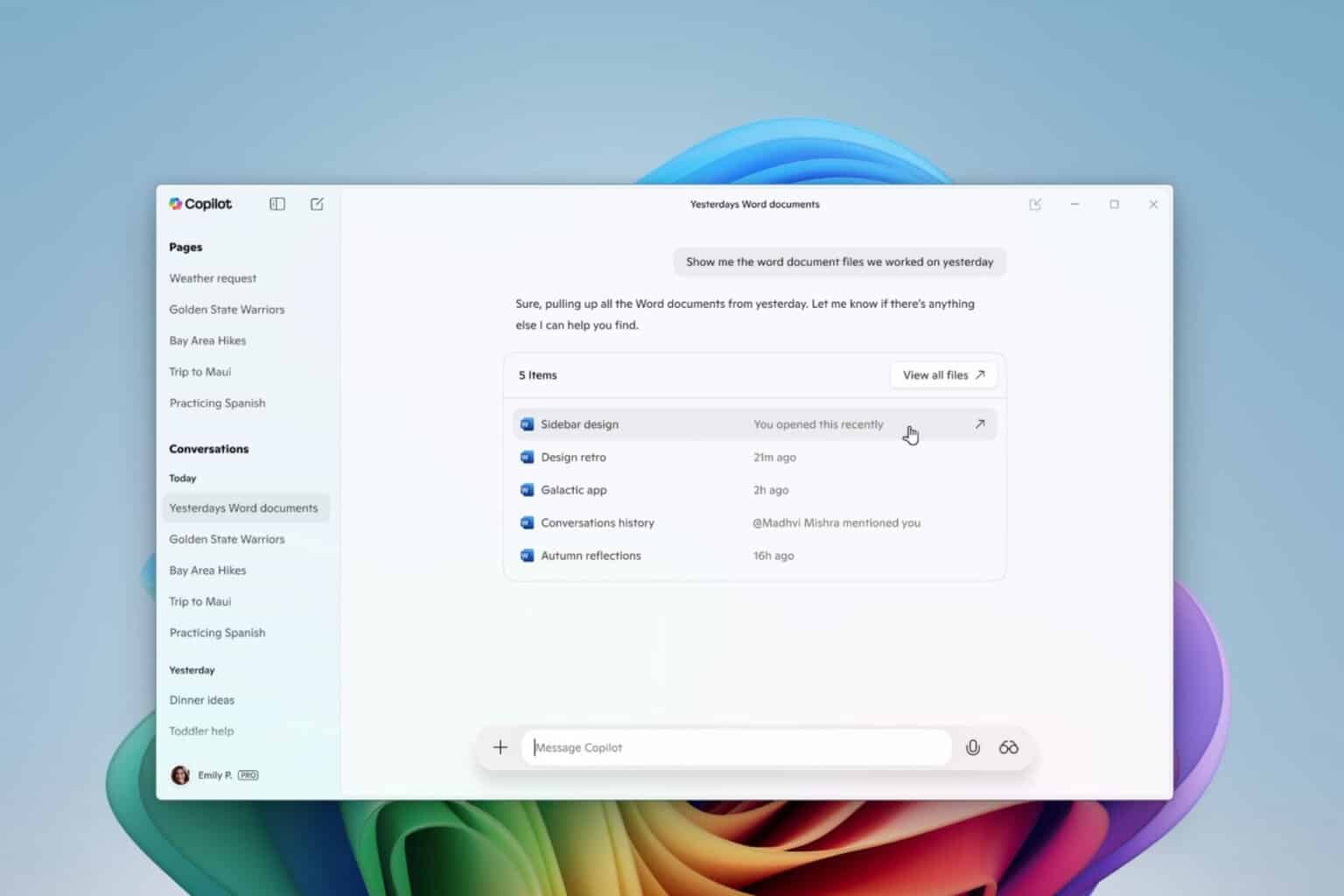OpenAI's new SearchGPT is wholly different and more natural for searching for things on the Internet
The engine is similar to Bing's generative search.
3 min. read
Published on

In a world full of questions, where the internet is our primary source of answers, OpenAI has taken a significant step by introducing its prototype search engine, SearchGPT. This new tool is designed to change how we look up information online. Picture yourself asking a question and receiving an answer that feels like chatting with your friend—this is what SearchGPT wants to offer. The goal is to give fresh responses from the web, including clickable links for more information, creating an active and quick search process.
The announcement from OpenAI is a little unexpected. When they did their media update in May, it was said there were no plans for a search engine, and the focus would be on revealing the GPT-4o AI model. Now, we see SearchGPT being introduced, but it is done in a quieter way than what some people might have guessed or imagined. SearchGPT aims to improve the internet search experience by letting users interact in a talk-like way, constructing context with every question.
OpenAI has established an official page for people who are excited to explore this fresh search encounter, where they may put their name on a waiting list to test out SearchGPT. The number of people chosen for initial entry is not specified, but the possibility of incorporating SearchGPT attributes into the AI model ChatGPT is thrilling. This action might significantly affect how we interact with artificial intelligence during our routine searches, providing us with more individualized and stimulating methods to find information.
Very interestingly, this announcement is close to Microsoft’s announcement about a new AI generative model for some Bing users and Google’s introduction of AI Overview answers into its search engine. It shows that the competition to improve search features using AI is intensifying. The method of OpenAI, concentrating on conversational engagements and giving proper credit to original material, might make SearchGPT special among such rivals.
SearchGPT could be a way for internet publishers to attract more people to their content. It claims that using clear and direct attribution in line with links for sources will ensure original content creators are given proper credit. Also, websites that usually do not provide access to AI model training, like ChatGPT, might choose to allow their information to become available through SearchGPT. This may enhance the possibility of reaching a more extensive audience base for these sites.
SearchGPT has the potential to change how we search on the internet. Its main strength is understanding conversational questions and creating context, which might make searching online feel more like natural human conversation. While we anticipate more advancements and broader availability, SearchGPT will undoubtedly bring a lot of excitement about altering our digital interactions.









User forum
0 messages